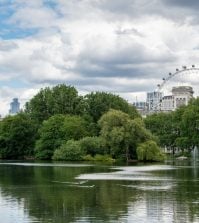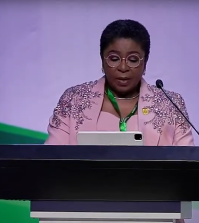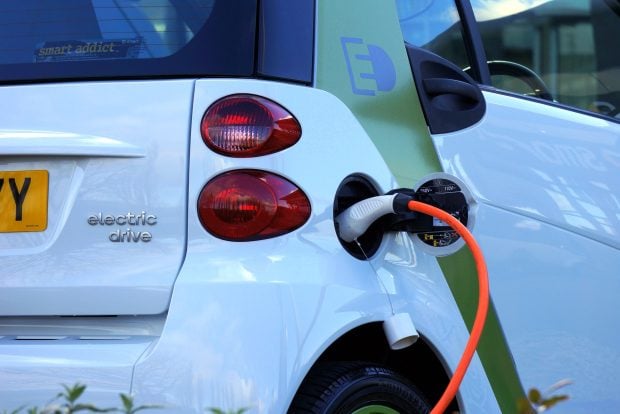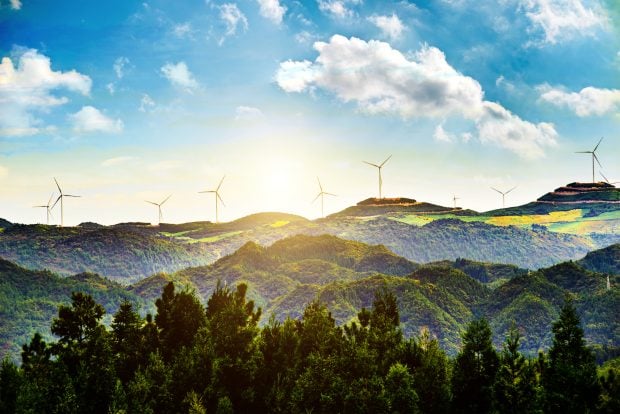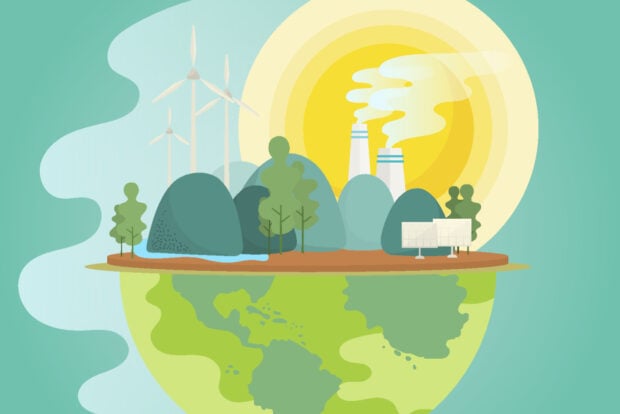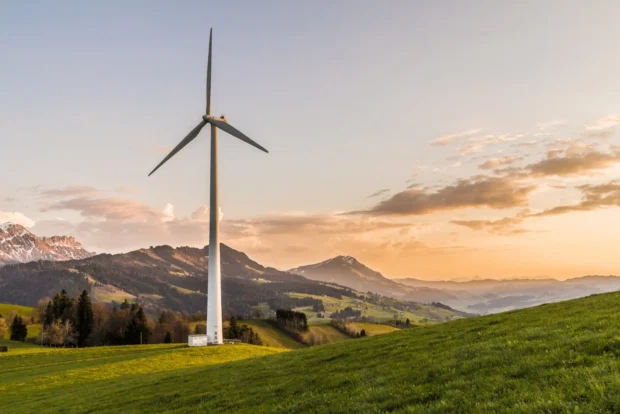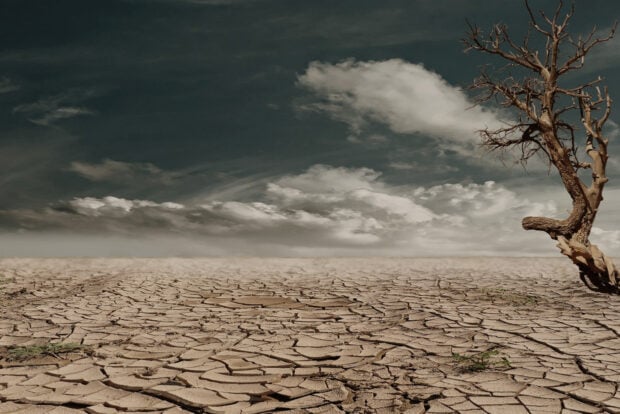BRICS leaders urge richer nations to fund global energy transition

Wealthy nations should fund the mitigation of greenhouse gas emissions in developing countries, BRICS leaders reiterated at a summit in Rio de Janeiro on 7 July.
BRICS is an intergovernmental organisation comprising Brazil, Russia, India, China, South Africa, Egypt, Ethiopia, Indonesia, Iran and the United Arab Emirates.
In a joint statement released the day before the BRICS Summit, state representatives described the provision of climate finance as “a responsibility of developed countries towards developing countries”.
They also argued that fossil fuels would continue to play an important role in the global energy mix, particularly in developing economies.
“We live in a moment of many contradictions in the whole world. The important thing is that we are willing to overcome these contradictions,” Marina Silva, Brazil’s environment minister said at the summit.
Silva’s comments came in answer to questions about plans to extract oil off the coast of the Amazon rainforest. The plan has so far involved preliminary moves by US oil firms Exxon Mobil and Chevron to explore reserves in Brazil’s Foz do Amazonas basin.
The auction of offshore blocks for the project has provoked indigenous groups and environmental activists, who argue that it would threaten local ecosystems and traditional communities.
Read more: Climate innovation finance ‘essential’ to meeting sustainability goals, says UN
Attitudes of ‘denialism and unilateralism’
Luiz Inácio Lula da Silva, president of Brazil – whose country will host the United Nations’ COP30 climate summit in November – said at the BRICS meeting that attitudes of “denialism and unilateralism” towards climate change were “eroding past achievements and harming our future”.
The comment was seen as criticism of US president Donald Trump’s decision to pull out of the Paris Agreement.
Lula added that the Global South was “in a position to lead a new development paradigm without repeating the mistakes of the past”.
Trump responded to BRICS the following day, writing on his social media platform Truth Social that he would impose an extra 10% tariff on countries aligning themselves with the group’s “anti-American policies”, and adding that there would be “no exceptions”.

Read more: Majority of citizens support development of global climate policy, study finds
Countdown to COP30
The gathering of BRICS this month in Brazil is thought to mark a point of divergence with wealthier nations ahead of COP30, amid global discordance on issues of climate change and sustainability.
The joint statement by BRICS contained reference to a Brazilian-led multilateral initiative due to launch in time for the November summit, known as the Tropical Forests Forever Facility (TFFF). The facility is expected to fund the conservation of tropical and subtropical rainforests beyond existing frameworks.
The TFFF will aim to mobilise US$125bn from public and private sector sources. According to Reuters, China and the UAE have signalled their commitment to investing in the fund following meetings with Brazil’s finance minister, Fernando Haddad.
In May this year, BRICS approved a joint climate finance framework, its first coordinated effort on funding climate action which represented a shared position among a group of countries that often have diverging priorities. The nonbinding framework outlined the bloc’s stance on reform of multilateral development banks, and how to scale up concessional finance and mobilise private capital to support climate efforts in the Global South.
The COP30 president, André Aranha Corrêa do Lago, this month called for more coordinated global action on climate change and efforts to connect climate ambition with development opportunities.
In his Letter from the Presidency, Corrêa do Lago warned that “we are still off track to achieve the goals of the Paris Agreement” adding that “a new dynamic” was needed to align the efforts of governments, businesses and civil society in coordinated action.
Read more: COP30 president calls for ‘global NDC’ to spur collective action on climate change




